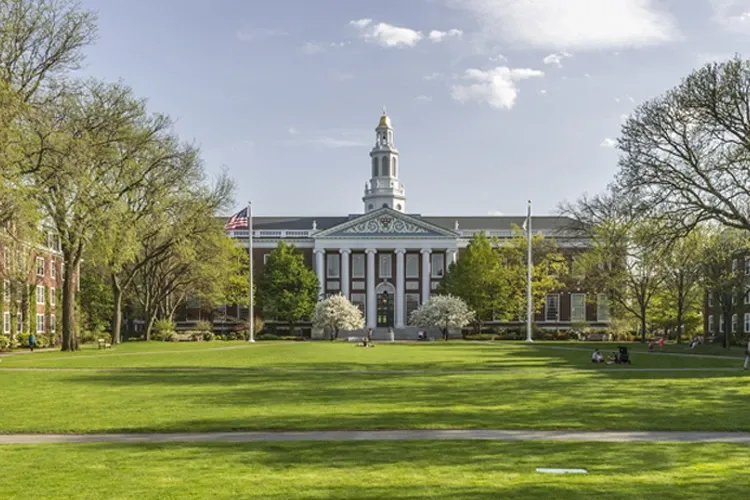Harvard University President Claudine Gay allegedly plagiarized multiple sections of her doctoral thesis, marking a breach of academic integrity policies at the elite school.
Manhattan Institute senior fellow Christopher Rufo and American Conservative editor Chris Brunet exclusively obtained documentation showing several examples of Gay allegedly taking paragraphs or concepts from the work of other academics for her dissertation, leaving the reader with the impression that their work was original to her. Harvard policy on plagiarism states that one cannot merely “change a few words here and there and leave the rest” but must “completely restate the ideas in the passage in your own words.”
The documentation found Gay lifted “an entire paragraph nearly verbatim” from a paper written by scholars Lawrence Bobo and Franklin Gilliam with a few “trivial synonym substitutions,” according to an article from Rufo and Brunet in the City Journal. Harvard students who plagiarize material face disciplinary action which could include withdrawal from the university.
Beyond repeating the error throughout the thesis, Gay lifted material from scholar Carol Swain at least twice, violating additional Harvard policy which states that one must “give credit to the author of the source material, either by placing the source material in quotation marks and providing a clear citation, or by paraphrasing the source material and providing a clear citation.” Gay also composed an appendix with work taken from a book by Gary King, her dissertation adviser, borrowing material from multiple paragraphs without sufficient citation.
The allegations of plagiarism come as Gay and other leaders at elite universities face backlash for their responses to campus antisemitism. Hedge fund manager and Harvard alumnus Bill Ackman asserted last week that Gay, a black woman and political science professor, was hired for diversity purposes earlier this year only after the Harvard search committee refused to consider candidates who did not meet certain demographic criteria.
“Shrinking the pool of candidates based on required race, gender, and sexual orientation criteria is not the right approach to identifying the best leaders for our most prestigious universities,” Ackman wrote. “It is also not good for those awarded the office of president who find themselves in a role that they would likely not have obtained were it not for a fat finger on the scale.”



